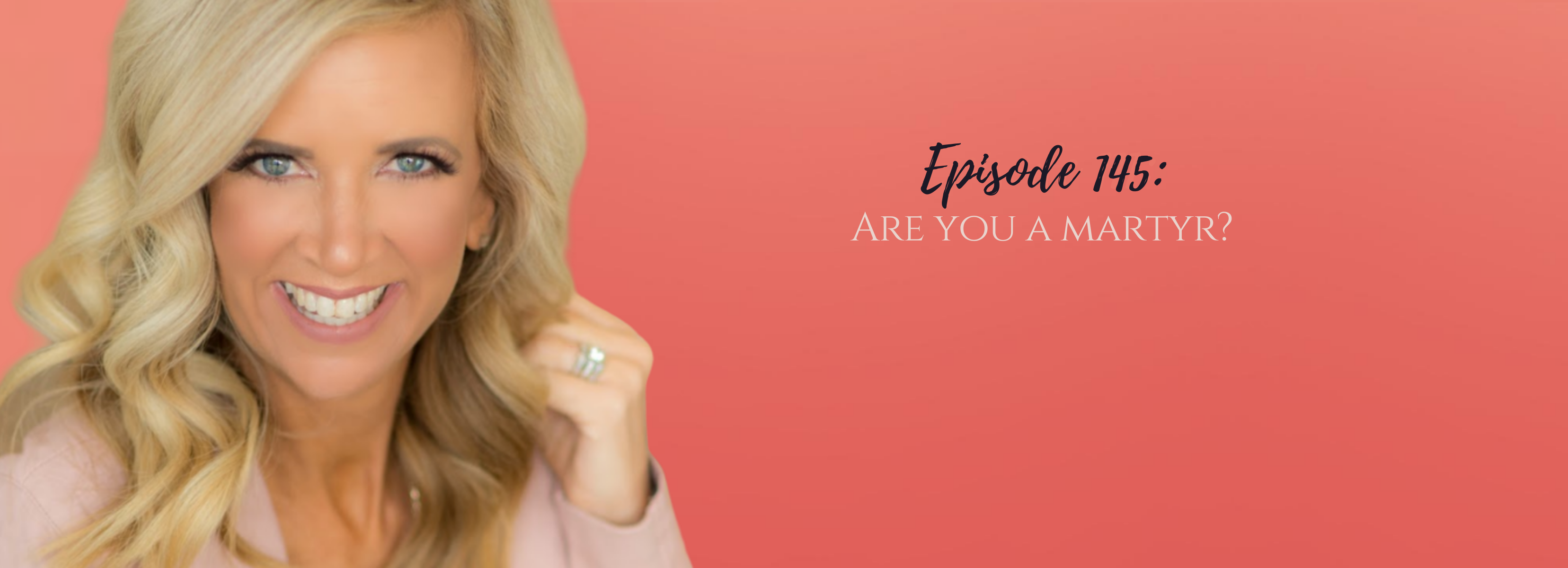
ARE YOU A MARTYR? | 01.26.2022
In this episode, Kristen talks about martyrdom - what it is, the role of a martyr, how it evolves, and how you work through it to create expansion and self reflection.
You'll Learn
Resources
For counseling services near Indianapolis, IN, visit www.pathwaystohealingcounseling.com.
Subscribe and Get a free 5-day journal at www.kristendboice.com/freeresources to begin closing the chapter on what doesn’t serve you and open the door to the real you.
Any links Kristen or the guest share about freebie's, other podcast episodes of close the chapter podcast etc...
This information is being provided to you for educational and informational purposes only. It is being provided to you to educate you about ideas on stress management and as a self-help tool for your own use. It is not psychotherapy/counseling in any form.